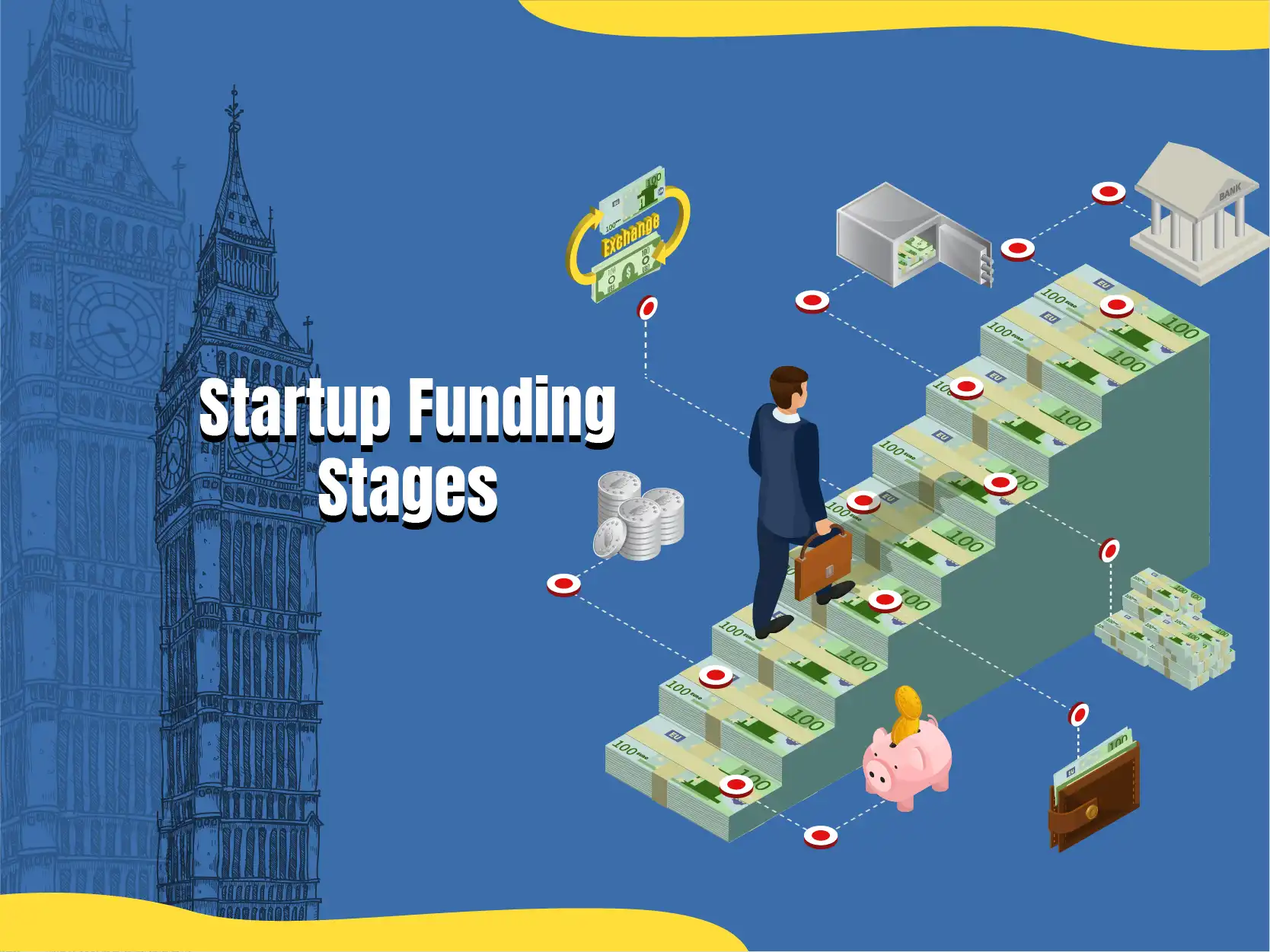Unsecured Business Loans For Startups No Personal Guarantee
Jul 7, 2024 | By Team SR

In this article, we will discuss unsecured loans, their benefits, and how they work. Entrepreneurs looking to grow a startup business often consider unsecured options like personal loans, which do not require collateral. Additionally, we will also discuss the disadvantages of unsecured loans for startups. Whether you are interested in getting an unsecured loan or simply want to gain in-depth knowledge about this financing method, this article can help you.
SUMMARY
- Unsecured business loans provide a straightforward financing solution for UK businesses with no collateral required.
- Lenders bear a higher risk in unsecured loans compared to secured loans, which is their primary disadvantage.
What is an unsecured business loan?
Unsecured business loans provide a straightforward financing solution for UK businesses with no collateral required. This type of finance allows you to borrow up to £500,000 without risking valuable business assets like equipment or property. It provides a flexible source of financing that is quickly accessible, often within a few hours and can be repaid within an agreed timeframe.
These loans are simple and fast, ideal for introducing cheap cash into businesses that either lack assets or do not want to secure existing assets against a loan. Various UK lenders serve small businesses in need of funds for working capital, growth or expansion, offering fixed monthly repayments over a specified period.
Unsecured loans are beneficial because they do not require security on business assets such as property or equipment, making them a quick and cost-effective option for obtaining capital. They offer businesses a reliable means of borrowing between £10,000 and £500,000, facilitating confident financial planning and business growth with minimal risk.
How do unsecured business loans work?
Unsecured business loans provide capital upfront without the need for any collateral. They feature fixed monthly payments at a pre-agreed interest rate for a specified period. Interest rates may be higher than secured loans. UK businesses have a range of flexible options available, with funds often available quickly, sometimes the same day. Depending on the needs of the business, you can choose to repay in monthly or quarterly instalments and choose from short-, medium-, or long-term loans. Early repayment options may also be available with no penalty fees.
What is the difference between a secured and an unsecured loan?
Unsecured business loans do not require collateral, making them riskier for lenders and usually resulting in higher interest rates. In contrast, secured business loans involve pledging assets such as property, machinery or invoices as security. If the lender is unable to recover their funds, they can sell these assets to reduce their risk.
For businesses needing fast capital without a fixed interest schedule, a merchant cash advance factor rate offers a clear and upfront cost structure where the total repayment amount is determined immediately by multiplying the funded amount by the specified rate.
Lenders offering unsecured loans focus more on the profile of the business, including turnover, trading history and credit score, and may consider individual credit history and assets, sometimes requiring personal guarantees. Because of the increased risk, unsecured loans generally have higher interest rates, shorter terms and lower lending limits.
Unsecured loans are beneficial for their simplicity and speed of arrangement, as there is no property inspection or valuation required, which can incur upfront legal costs, unlike secured loans.
What are the advantages of unsecured loans?
Unsecured loans offer many advantages for UK businesses that want quick access to funds without the need for asset security. Key benefits include:
- Borrow amounts range from £1,000 to £500,000 or more.
- No need for asset security or protecting company assets.
- Flexible repayment terms from 1 month to 5 years or more.
- Minimal paperwork, facilitating a streamlined application process.
- Quick fund disbursement after approval, ideal for urgent financial needs.
- Suitable for short to medium term funding solutions.
- Accessible to both established businesses and startups, with a wide range of lenders offering these loans.
- Relatively simple approval process for those with a good credit history.
- Higher interest rates than secured loans and Annual Percentage percentage rate (APR) includes lender fees.
Unsecured business loans provide a fast and flexible financing option, ensuring that businesses can meet financial needs without compromising their assets or enduring extensive bureaucratic processes.
What are the eligibility requirements, maximum loan amount, and processing time for getting an unsecured loan?
- To qualify for an unsecured business loan, your registered business must have been in operation for at least six months and have a minimum monthly turnover of £5,000.
- Applicants must be over 18 years of age.
- Lenders assess eligibility based on turnover, profit, credit score, trading history and financial statements.
- Larger loan amounts typically require strong cash flow, an extensive trading history and a strong balance sheet demonstrating repayment capacity.
- Access to funds is usually quick, often within hours, compared to secured loans, which require asset inspection and valuation.
Early-stage or small businesses may find it challenging to obtain large unsecured loans and may consider secured or alternative financing options instead.
What are the disadvantages of an unsecured loan?
Lenders bear a higher risk in unsecured loans compared to secured loans, which is their primary disadvantage. As a result, they often offer smaller loan amounts, shorter repayment periods, and charge higher interest rates. However, businesses with strong business histories and excellent credit may find more favourable loan terms. In contrast, obtaining a larger unsecured loan can be challenging without a strong financial position. Generally, lenders limit unsecured loans to around £25,000 for solid businesses, while loans over £40,000 are rare.
Conclusion
Unsecured loans offer benefits when a clear repayment strategy is in place. However, taking such loans without a solid plan to move the startup forward can lead to financial losses and failure. While unsecured loans are accessible without any collateral, they come with high interest rates, especially if delays in repayment become a recurring problem.
For property investors seeking financing without income verification, a DSCR loan can be a great option to secure funding based on rental income potential."


 Follow us
Follow us Follow us
Follow us














